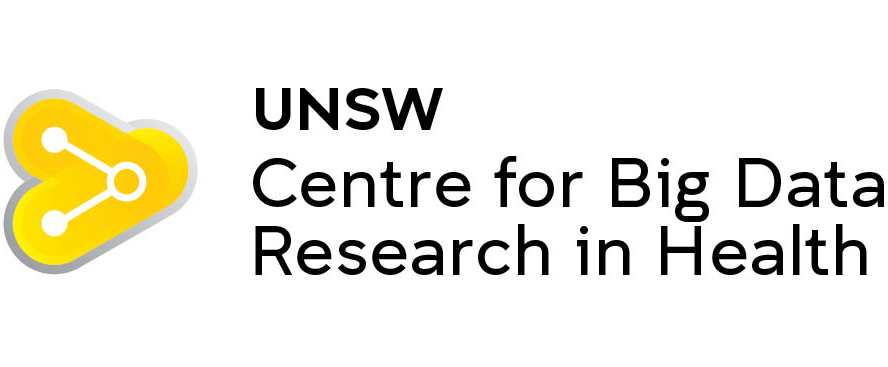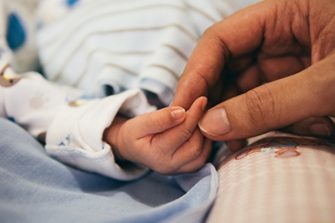Centre for Big Data Research in Health
Project
Infertility affects approximately one in six couples at a given time. Medically assisted reproduction (MAR), namely ovulation induction with hormonal medications and assisted reproductive technologies (ART) such as in vitro fertilisation, has helped millions of Australians achieve parenthood.
Each year around 73,000 ART cycles and 70,000 cycles of ovulation induction are performed in Australia. MAR has been linked in some studies with an increased risk of cancer in women, particularly endometrial and ovarian cancer. At the same time, children born after MAR may also be at a higher risk of some cancer types including leukemia.
Despite the strong biologic plausibility of carcinogenic risks from MAR, conclusive evidence regarding cancer risk in women and children after MAR is lacking due to the methodological limitations and small sample sizes of available studies. We propose the first Australian nationwide data-linkage project to address these questions via linkage of national prescription, medical services, perinatal, cancer, death and cancer screening data from 1991–2014.
The incidence of cancer in women after MAR will be compared with women not exposed to MAR, while adjusting for major confounders. We will also explore whether the type of MAR treatment modifies the risk of cancer in these women. To explore the association of cancer risk with MAR in children aged 0–14 years, cancer incidence will be compared for three cohorts of children conceived:
a) After ART treatment.
b) After ovulation induction treatment.
c) Spontaneously from fertile women.
Individual level data from this project will then be pooled with those from the United Kingdom and the Nordic countries. This project will provide conclusive evidence regarding the association of cancer with MAR with an international, multidisciplinary team identifying the clinical and policy impacts.
Reproduction and fertility



